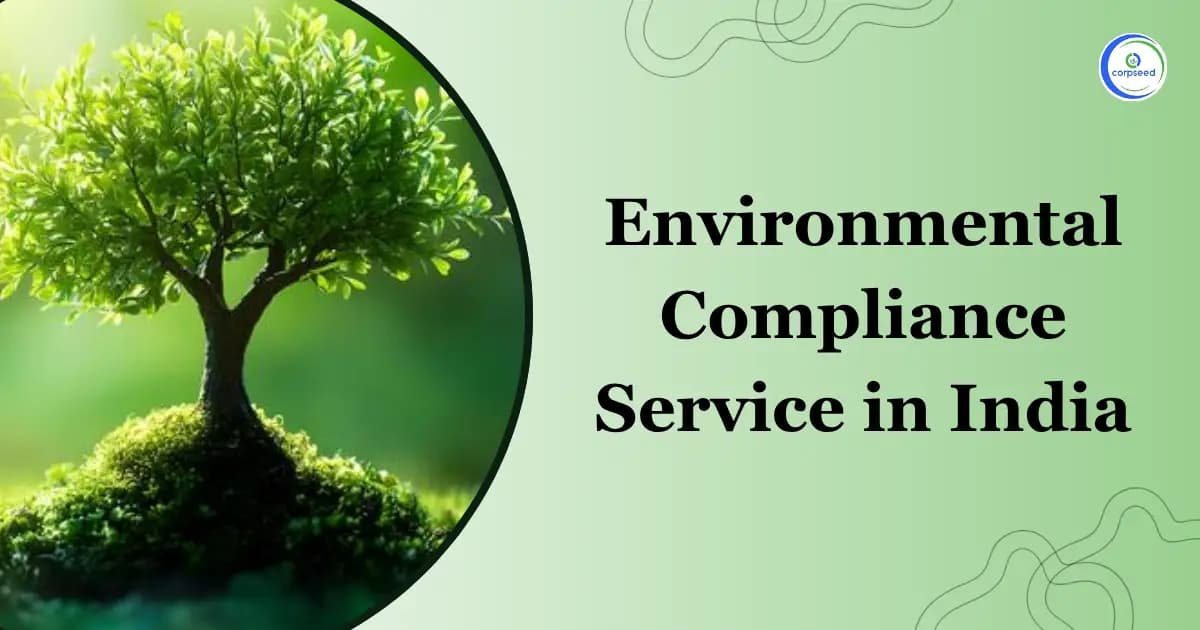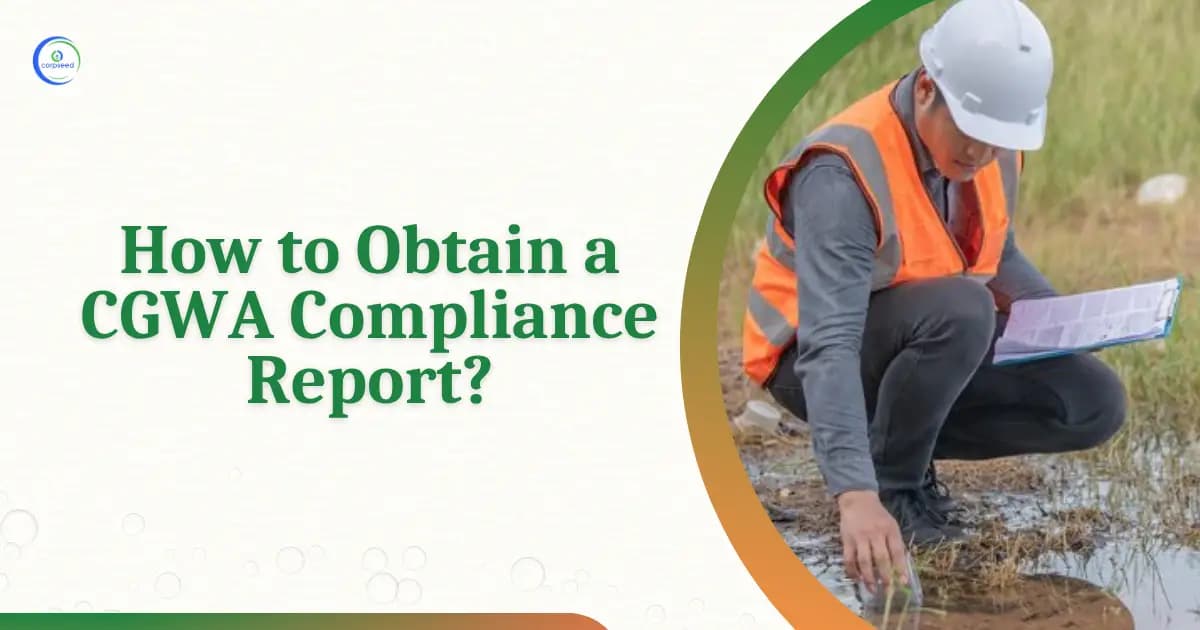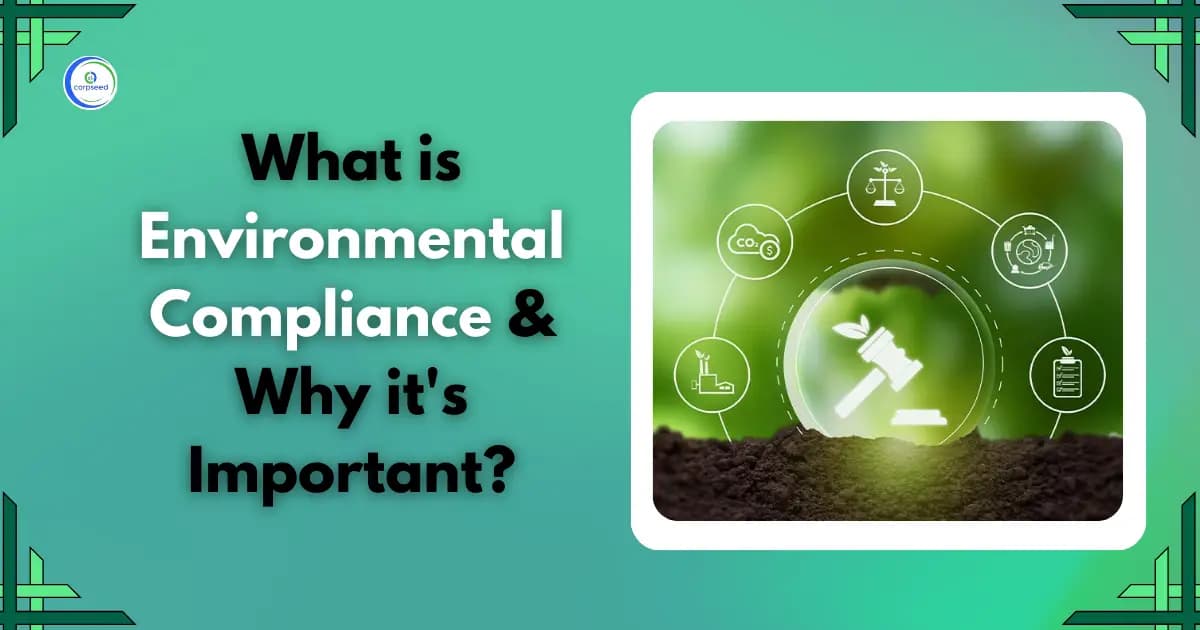
Loading...

Environmental compliance refers to the process of ensuring that an organization complies with all environmental laws, regulations, and standards set by the government.
About the Author

Mahek Sancheti, BAJMC graduate with a deep passion for writing. As a content writer, video content creator, creative content creator, and scriptwriter, I bring stories to life through words and visuals. I honed my skills by working with a prominent news agency, where I excelled in crafting compelling narratives and engaging content. Coming from a journalism and mass communication background I have skills to craft engaging narratives that captivate audiences. With a keen interest in writing and creativity, I aim to deliver impactful and meaningful content that resonates with diverse audiences.
Related articles

How to Obtain a CGWA Compliance Report
2025-10-15

2025 Guidelines for Cage and Pen Culture in Marine Aquaculture
2025-07-29

Deepor Beel Wildlife Sanctuary: A Strategic Conservation Initiative
2025-07-05

Lippa-Asrang Wildlife Sanctuary: A Crucial Haven for Himalayan Wildlife and Conservation Efforts
2025-06-18

Barasingha Wildlife Sanctuary, Uttar Pradesh: Setting New Standards for Conservation in India
2025-06-18

What is Environmental Compliance & Why it's Important?
2024-11-29